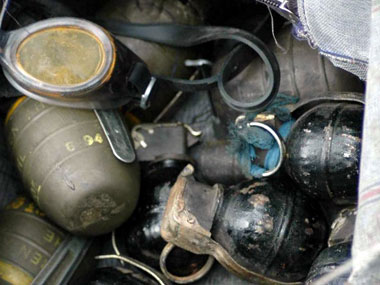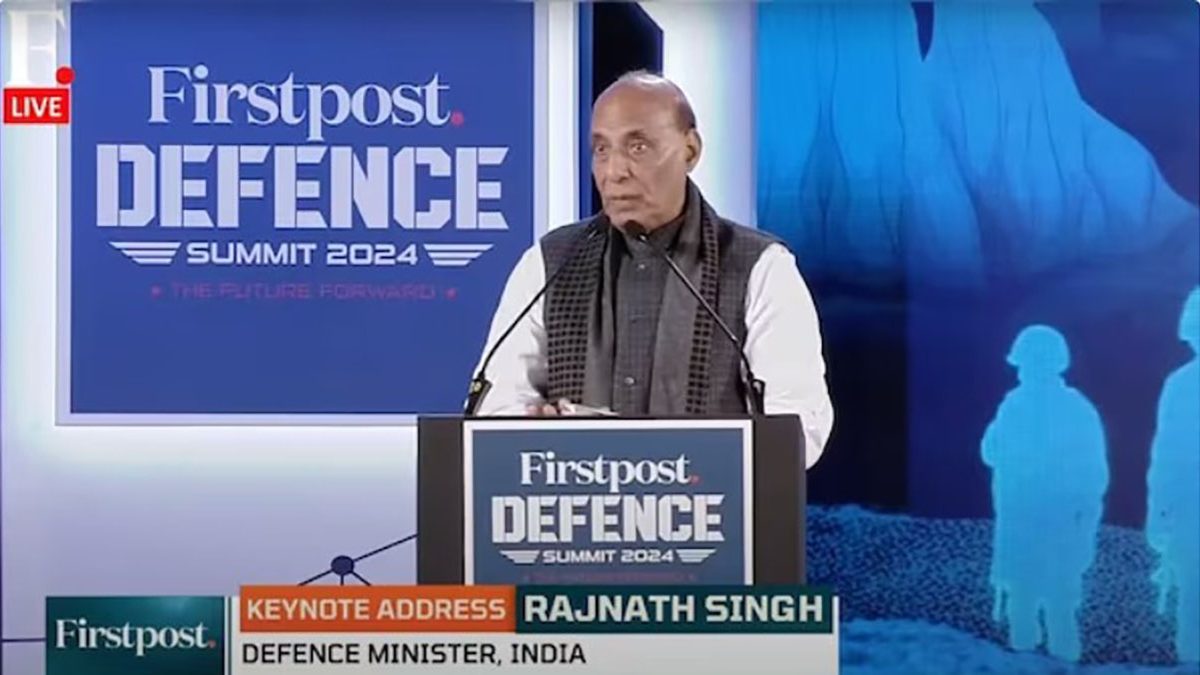That a soldier should try to take a couple of grenades in his luggage on a flight out of Kashmir might amaze some observers. The reason he gave for taking the grenades along — to catch fish — might seem downright bizarre. But to those who have seen Kashmir from close quarters for the past couple of decades, his explanation adds up.
The fact is that soldiers from some units — and, more so, mercenaries working with them in the late 1990s — used to routinely toss explosives into a river or stream, before shoveling up the large number of dead fish that floated up. Not a very elegant technique, one might say, but a quick, sure-fire way to get a party going. And so much faster than waiting around for hours at the end of a fishing rod with a bunch of worms.
Militants too did this sort of mass fishing, and also hunted endagered species when the place was out of control in the early ’90s. In some villages located near streams, local people too picked up the method — and sometimes concocted their own little explosive powders.
The method was abused to such an extent that the stream in the Dachigam National Park, which once danced with trout, had no fish left by the late 1990s. Normally, the state government’s fisheries department operates a delicate system to breed and replenish stocks.
Of course, investigators will carefully pore over the evidence and figure out the dimensions of what might have actually been afoot at Srinagar airport — where alert security staff discovered grenades present in luggage the soldier had checked in.
Rumour mills began to buzz as soon as news spread. One particularly fertile mind suggested that the soldier must have been trying to foil a hijack. Another speculated that someone had planned a 9/11 type attack. Most of those who heard what the soldier claimed — that his “major sahib” had allowed him to take the grenades in order to fish — were left incredulous. It seemed too far-fetched to be true!
However, whatever emerges from the investigations, the soldier’s version has served to bring to light a trend in ecological depredation that was well worth exposing. Authorities must take steps to ensure that ammunition is not misused for hunting or fishing.
It is bad for at least three reasons. One, it wastes ammunition, and leads to a lax attitude towards keeping tabs on, and auditing, of other kinds of arms as well. Patriots should seriously be concerned over the fact that it took a few years for authorities to take seriously the rumours that a new generation of militants had been “snatching” rifles from CRPF and police personnel in Kashmir. The trend began about five years ago.
The second reason: Mass fishing" must end forthwith; it is extremely bad for the riverine ecology and the balance of the fish population, not to speak of the environment in general.
And three — this sort of misuse of equipment and opportunities creates an environment of impunity, in which other kinds of standard operating procedures are also given the go-by. Disregard for norms has led to a number of practices that have cumulatively caused public anger and resentment. It is one of the more important reasons why young Kashmiris are so angry.


)




)
)
)
)
)
)
)
)